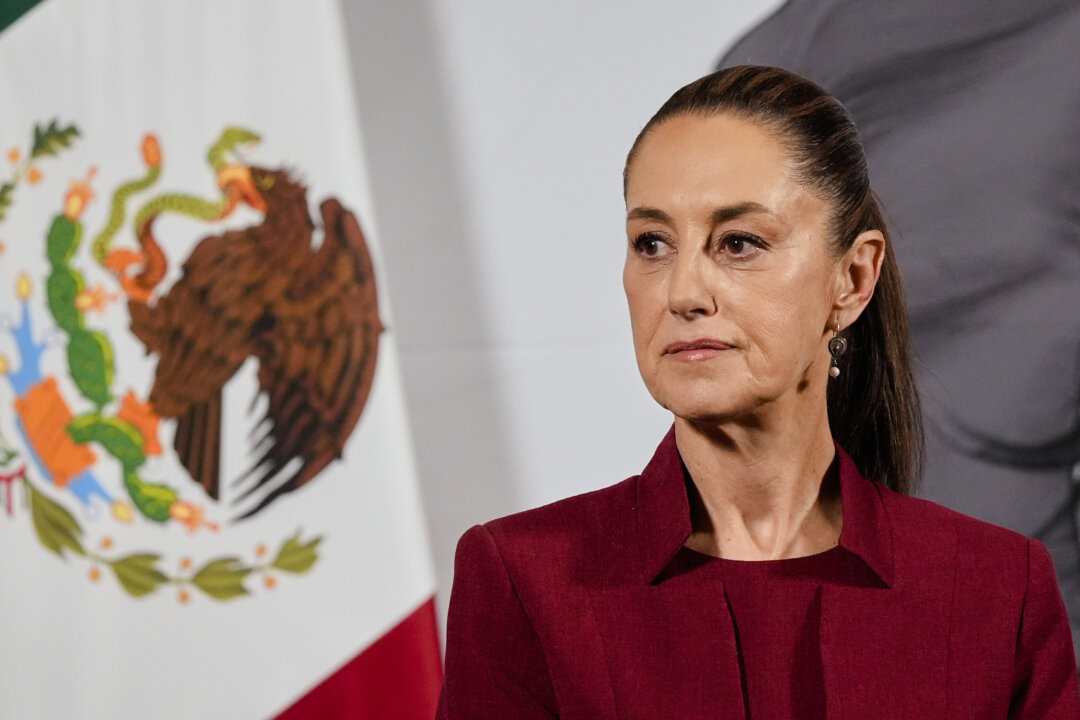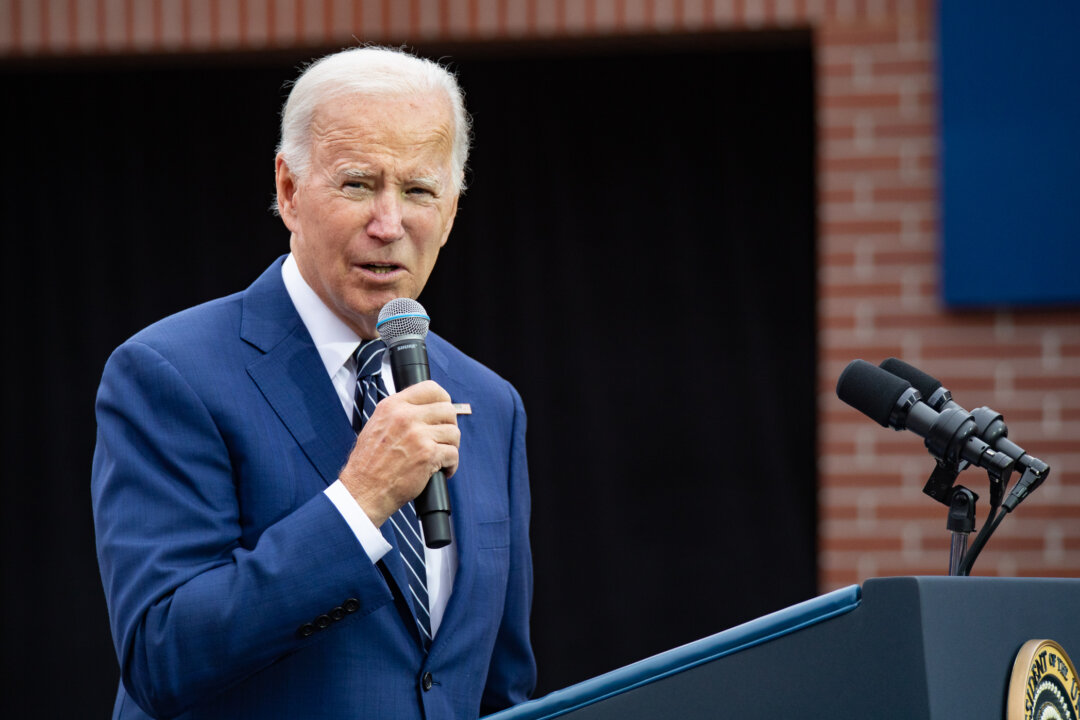When a coalition of Democratic attorneys general sued to block a large chunk of Donald Trump’s tariffs, they expressed confidence they’d win in court. But even some of them seemed pleasantly surprised after the U.S. Court of International Trade ruled against the administration unanimously and unequivocally on Wednesday night.
“You sit there and you say, ‘Hey, was this panel unanimous?’ And it was,” Dan Rayfield, the Oregon attorney general leading the states’ lawsuit, told POLITICO Magazine as he fielded texts from happy supporters. The decision, from a three-judge panel featuring appointees of Ronald Reagan, Barack Obama and Trump himself, “creates a little bit of cognitive dissonance for folks that trend right.”
Rayfield spoke to us earlier this month about the AGs’ strategy in challenging Trump’s use of the 1977 International Emergency Economic Powers Act to impose wide-ranging tariffs, and we caught up with him again Thursday morning in the wake of the court’s ruling.
Even as the Trump administration moved to challenge the ruling and received a stay, Rayfield expressed optimism about their chances in the appeals court — and, ultimately, the Supreme Court.
Rayfield notes that the judges — who were ruling on the AGs’ suit and another lawsuit against the tariffs brought by businesses — dismissed the Trump administration’s argument that its legal claim of emergency authority on trade was a “political question” beyond judicial review.
“I think that’s a really tough argument to make,” Rayfield said. “Because if you agree — and this is what I think sold it — if you agree with President Trump’s lawyers’ assessment, nothing is reviewable.”
Markets surged on the news of the tariff ruling Thursday morning, amid some hopes that the ruling could provide Trump a convenient off-ramp from his divisive tariff program.
But Rayfield wasn’t convinced of that even before the administration signaled it would continue fighting for the tariffs.
“I don't know if exit strategy is in the Trump vocabulary,” he said.
This conversation has been edited for length and clarity.
Attorney General Rayfield, this is a pretty big win — for the moment — for you and the other 11 attorneys general…
That's not a lot of optimism there, Joe.
You know, a lot can happen, it’s a chaotic environment. But it’s a big win for you and the other AGs who brought the suit challenging a huge swath of the Trump tariffs. What’s the chatter among you and your attorney general colleagues — what’s the mood?
Well, this broke obviously [Wednesday] evening, and everybody was looking at the decision. That's the first thing you do, right? You sit there and you say, “Hey, was this panel unanimous?” And it was. People always want to know where were those judges appointed? Two of them were Republican appointed judges. Now, I think that [question of who appointed each judge] plays into this narrative that judges are political, which I absolutely do not like, because I really believe that judges try to avoid that, but it is a reality of our world. People always want to get into those details, because I think conservative folks are looking for those third-party validators in that space. So this creates a little bit of cognitive dissonance for folks that trend right.
The one sentiment that really was overwhelming for all of us: Hey, unanimous.
You've got this nice talking point to show: that it is a bipartisan panel of judges that ruled in this way. You have judges that are incredibly educated and judges that applied the prior case law in this space. I think it was also very telling in the way that the court hearing went last week, where you had the Trump lawyers coming in basically saying, “Hey, you can't review anything we do with emergency orders. And you can't review anything we do with respect to IEEPA. Those are all political questions.”
And I think that spirit in the decision really came out, [with the court] kind of saying; “No, that's not right. And frankly, Congress never intended that.”
When we spoke earlier this month, you were confident that the facts of the case and the merits of the case — that the tariffs had exceeded the authority granted by Congress — were strong, and obviously the U.S. Court of International Trade agreed.
The administration has already appealed the ruling — can you lay out what comes next, and how you're expecting those same arguments to land as you reach the appellate courts, and if you ultimately reach the Supreme Court?
The first step will be the federal circuit in D.C., and so we'll move into that space. And this is a very interesting thing: This was a judgment on the merits. A lot of the cases that you've been seeing are these rulings on preliminary injunctions. This was a summary judgment ruling on the merits for this case. I think that what is very helpful is you go from a specialty court — a court that has been really educated in the issues of trade and the laws and the history — into the federal circuit. I think the arguments that we're making are very palpable and convey very nicely into an appellate court in that scenario.
What you'll have is the Trump administration coming back and making the same darn arguments, right? And I think they really want to have a ruling in the federal circuit that says, “Hey, this is a political question issue. You don't get to question the president and you and judges certainly don't get to make factual determinations on this statute. That's not your role.”
I think that's a really tough argument to make, because if you agree — and this is what I think sold it — if you agree with President Trump's lawyers’ assessment, nothing is reviewable.
You could make an emergency on anything. I could say that our export of hockey players into Canada is incredibly alarming, and it's creating an advantage to Canadian hockey teams. And so this is an emergency, okay? That emergency isn't reviewable, then I could say, “You know what? I am going to put a 1,000 percent tariff on Canadian maple syrup. So I can create leverage and really bring back balance to American hockey teams versus Canadian hockey teams. And none of that is reviewable by a court.”
And I think that when you really start looking at the importance of constitutional separation of powers, co-equal branches of government, and no one branch having too much power, this really starts to tilt the scales if you really take the president's arguments at face value.
And I think that's what sold it.
I think those same arguments have salience. I know they have saliency in every level of court. But it'll be interesting to see, do the Trump administration's arguments continue in this vein, or do they recognize that this is, constitutionally, a really big challenge?
The other thing that I think is fascinating: I think that the Trump administration is entirely short-sighted. These democratic principles are meant as a check against Democratic presidents and Republican presidents alike. If you play this out, a Democratic president could get into office, create an emergency on firearms — I think 40 percent of our firearms in the United States are imported, or at least components of them are — and you can really start extrapolating out. Irrespective of party, this is a real problem and really tugs at the fundamental strings of why we have the rule of law in place.
The markets rallied in the morning after the ruling — do you think, in more political terms, that this ruling actually could give the president an exit strategy on some of this tariff agenda, which has proven so controversial?
It's an interesting question. I believe that if you take the Trump presidency and his administration at face value, they really do believe in tariffs, in using that as leverage in some of these conversations. And I think he could continue to pursue that strategy via Article 19 [trade rules] — he won't be able to do everything under that — but that's what Congress intended.
I don't know if exit strategy is in the Trump vocabulary, but it will be interesting to see how they pivot, if they pivot, moving forward.
Have you talked to Oregon Gov. Tina Kotek about the ruling?
The governor texted me last night.
There are a bunch of times in my life when I've gotten a ton of text messages. Every election that you win, you get a ton of text messages from people that you didn't know were your friends, and that are your long-lost friends. And then when I became speaker. And then there were a ton of text messages yesterday from you name it — friends, family, small businesses and elected officials as well.
.png)















 English (US)
English (US)